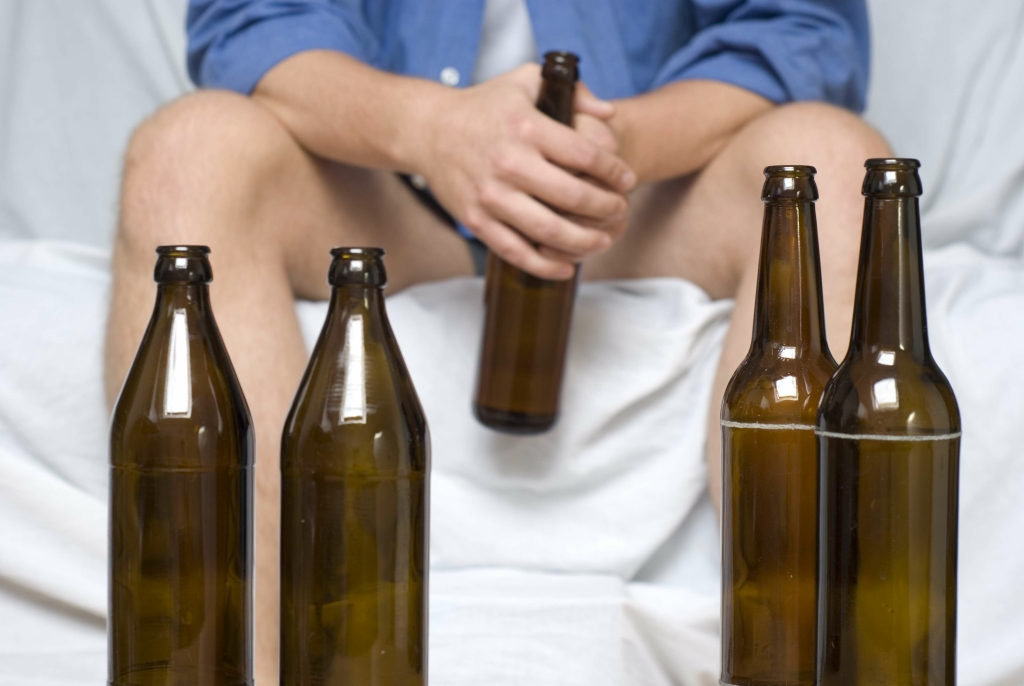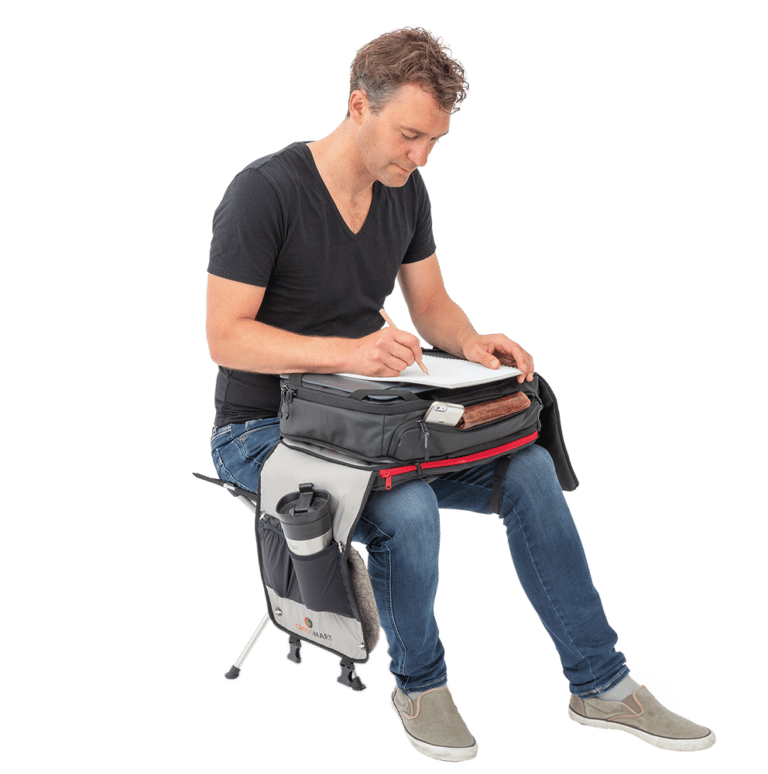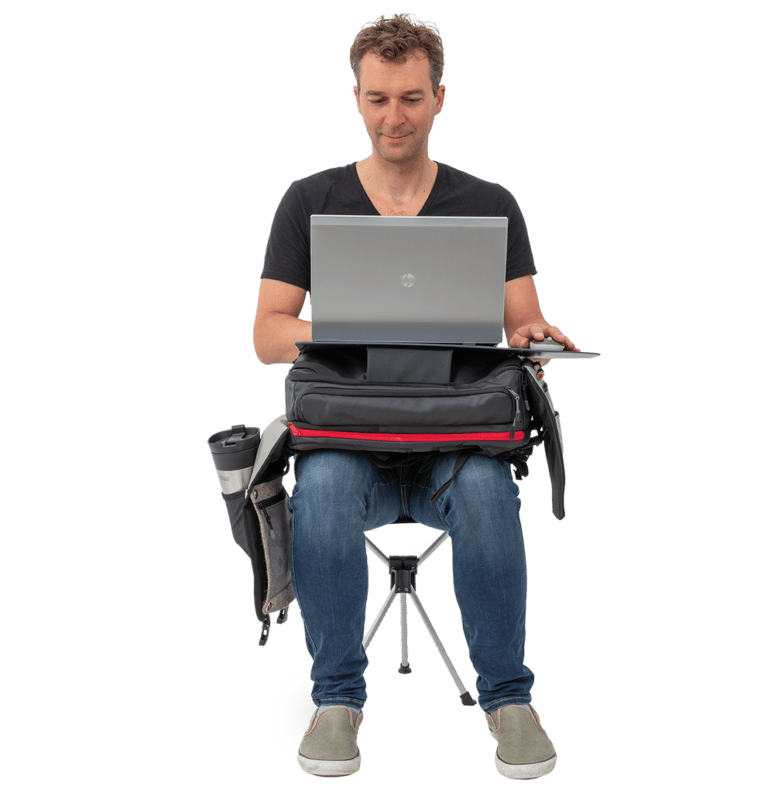Our website provides access to information and support for people seeking help. We are not a medical center or doctors and cannot prescribe treatment. Our free phone numbers and chats allow you to connect with various institutions where you can receive professional help. We collaborate with these institutions, but we keep your privacy.
Methods to Pass a Hair Drug Test
Often, it’s your support network that notices something is wrong long before you do, and they can get you the help you need or encourage you to do so yourself, should need be. Even if it’s just one or two people who really care, they could mean the difference between a second relapse or a life of fulfilling sobriety. Life might be messy or busy, and you start neglecting things like self-care and expressing your feelings.

Methadone Guide: Treatment, Benefits, Risks & Pain Management
The most important is not how many people relapse after rehab, but how many of them keep working to return to sobriety. If you are struggling with potential or real relapse, contact a rehab center near you to discuss available treatment options. Substance abuse disorder (SUD) is not just a bad habit; it’s a chronic and progressive disease.
Recovery Step by Step

Small changes create new habits, and those habits can become anchors during difficult times. Even if you are not sure what to say, try starting with, “I i relapsed now what need help.” That is enough. People want to support you, and most are more compassionate than we expect. Coping with relapse begins by taking a breath, grounding yourself, and remembering that healing does not follow a straight line.
- Or, consider volunteering with a friend or family member, helping animals, children, older adults or families in your community.
- Acknowledging your imperfections and being kind to yourself can help you progress from challenging times instead of ruminating on missteps.
- The NIDA (National Institute of Drug Abuse) states that any person recovering from addiction is likely to relapse at least once during their recovery journey.

From there, you can use them as a motivator to get back on your feet rather than getting bogged down by the past. A slip may feel like the end of https://befr-20202001cb.iziii.pro/en/xanax-addiction-how-addictive-is-xanax/ the world, but really, it’s an opportunity for growth and reinforcing basic life skills that need more work. Many people emerge from relapse with a fresh scare regarding what they are up against, as well as a deeper commitment to becoming sober. This renewed motivation can help you come back from a relapse even stronger than you were before. Prepare yourself for a difficult conversation; admitting you slipped up will be difficult and humbling.
- This means they need to use more to get the effect they got initially.
- For example, for someone who had completely stopped drinking for a period of time, say six months, with the goal of total abstinence, it would be problematic if they had even one drink.
- Relapse does not always mean a return to alcohol or substance abuse.
- A mental relapse is where we are conflicted between wanting to use and wanting to continue with our new way of life.
- After relapsing, you can create a more effective relapse prevention plan.
Step 2: Cope With Guilt & Shame
It’s important to understand that relapse doesn’t mean your drug or alcohol abuse treatment plan has failed. Consider relapse to be a natural stage of recovery and don’t let it keep you down. You might consider addiction treatment as a way of learning relapse prevention. After all, you are trying to learn healthy ways of living without alcohol or drug use during treatment. Acknowledging that a relapse has occurred is an essential first step in moving forward on the path to long-term sobriety. It’s important to understand that relapses are common in addiction recovery and do not signify failure.
After you relapse, it is time to go back to square one and start engaging in these activities again to get you back on track. Healthy habits and behaviors should include eating a nutritious diet, exercising regularly, getting enough sleep and learning emotional regulation. As you learn self-care, you will be better equipped for your low days and more optimistic about the positive ones. Relapse is a common and disheartening setback in the journey of addiction recovery. It’s essential to remember that a slip doesn’t signify failure but rather an opportunity to learn, adapt, and strengthen your commitment to sobriety. If you’ve recently experienced a relapse, here’s a guide Sobriety to help you navigate the aftermath and take proactive steps towards recovery.


